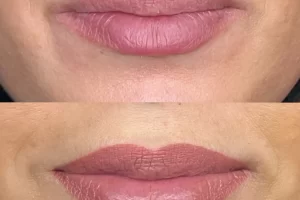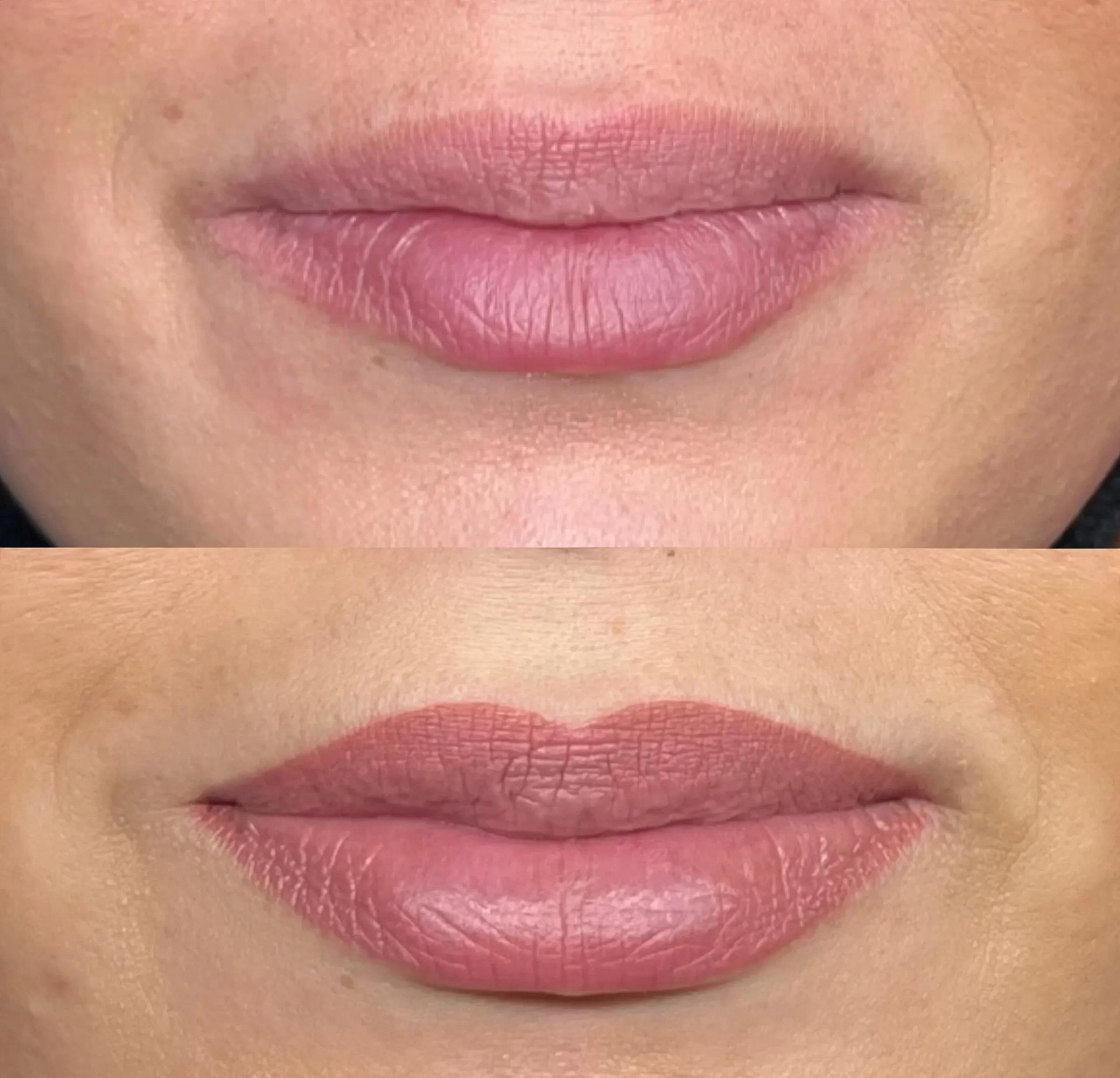IPL, or Intense Pulsed Light, is a popular cosmetic procedure that uses light therapy to improve the appearance of the skin. It can treat various skin conditions such as age spots, sun damage, acne scars, and even unwanted hair. However, IPL may not be suitable for everyone. Let’s take a look at who should avoid getting IPL treatments.
1. Pregnant Women
Pregnancy brings about hormonal changes in a woman’s body. These hormonal changes can cause an increase in pigmentation, leading to the appearance of dark spots on the skin. While IPL can effectively treat pigmentation issues, it is not recommended for pregnant women due to safety concerns. It is always best to consult with a healthcare professional before undergoing any cosmetic procedures during pregnancy.
2. Individuals with Dark Skin Tones
IPL works by targeting the pigment in the skin. People with darker skin tones have more melanin, which can absorb more light energy during IPL treatments. This can increase the risk of burns, blistering, or hyperpigmentation. Therefore, individuals with darker skin tones are often advised to consider alternative treatments or consult with a dermatologist specializing in skin of color.
3. People with Active Infections or Skin Conditions
If you have an active infection, such as a cold sore or a bacterial/fungal infection, it is best to postpone IPL treatments until the infection has cleared up. Similarly, individuals with skin conditions like eczema, psoriasis, or rosacea should avoid IPL as it can potentially aggravate their symptoms. Consulting with a dermatologist is essential to determine the best course of action based on individual skin conditions.

4. Those on Photosensitizing Medications
Photosensitizing medications increase sensitivity to light and can cause adverse reactions when combined with IPL. Some examples of photosensitizing medications include certain antibiotics, antifungal drugs, and some acne medications. It is crucial to inform your healthcare provider about any medications you are taking to ensure the safety and effectiveness of IPL treatments.
5. People with a History of Skin Cancer
If you have a history of skin cancer, particularly in the area being targeted for IPL treatment, it is generally recommended to avoid IPL. IPL uses light energy that can potentially damage or irritate the skin, which could be problematic for individuals with a predisposition to skin cancer. Always discuss your medical history and concerns with a dermatologist or healthcare professional before proceeding with IPL.
IPL can be a game-changer for many individuals seeking skin rejuvenation. However, it is crucial to consider the factors mentioned above to determine if IPL is suitable for you. Consulting with a qualified professional specializing in cosmetic dermatology is always the best course of action to ensure your safety and achieve the desired results.











